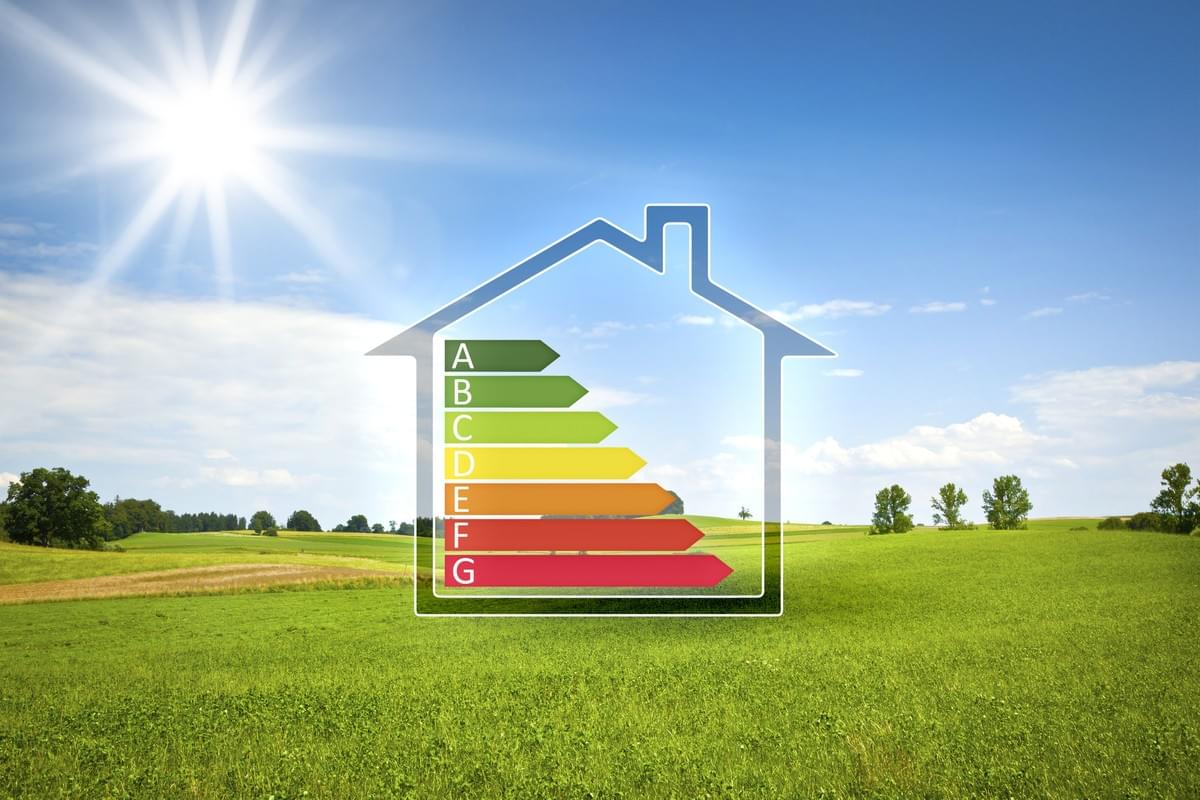
The recent food price hikes have forced restaurant owners to start considering their energy efficiency. There are many options available for restaurants that wish to become more energy efficient, and there are several trends emerging that point to the need of greater energy conservation in restaurants. While these changes may slow down the planning process for some, it is an important consideration for everyone. The need to conserve energy is often recognized by politicians, consumer advocates, and other organizations. With the proper planning, anyone can start saving money and energy usage while improving the restaurant's revenue. With the right planning and implementation, any restaurant can realize a number of these benefits.
The first step to realizing energy conservation in restaurants involves the assessment of current practices in the industry. By examining the food service facilities of the business, a business owner can gain an understanding of how much energy is being used in the overall operation. This assessment can be done in-house, or through the use of a third party provider. The purpose of this assessment is to determine if there are ways that can be taken to further improve energy efficiency for the facility.
The next step to take is to create an overall energy management plan. This plan will help dictate what changes need to be made to the day-to-day operations of the commercial kitchen. This plan will address each aspect of the commercial kitchen including heating and cooling, lighting, ventilation, and mobility. Restaurants should also have a plan in place for addressing the overall plumbing, electrical, and HVAC needs for the commercial kitchen.
Once a plan has been developed and implemented, the next step to take is to evaluate the progress. By evaluating the progress, a business owner will get a better idea of the energy efficiency for restaurants he is currently maintaining. In addition, the evaluation will allow the restaurant to track energy usage on an annual basis. This will help determine whether or not additional changes are needed to further reduce energy usage. Some restaurants choose to implement energy management solutions for their entire operations.
Some smaller restaurants may be able to make significant improvements to their energy efficiency for restaurants by simply installing solar panels on their outdoor spaces. Other small steps that may help include utilizing natural ventilation systems for outdoor spaces like porches and patios. In addition, some restaurants choose to eliminate the air conditioning and only heat their outdoor spaces.
As more businesses and restaurant owners begin to understand the benefits of implementing energy efficiency for restaurants, many will turn to expert contractors who can design plans and implement solutions. These companies can create customized energy management plans for any commercial kitchen. In addition, these companies can provide the training and tools needed for reducing energy consumption while increasing productivity. If a business owner is unable to implement their own energy efficiency for restaurants, they may want to consider using the services offered by an expert. Check out this related post to get more enlightened on the topic: https://www.huffpost.com/entry/electricity-cost-by-state-map_n_5688500.